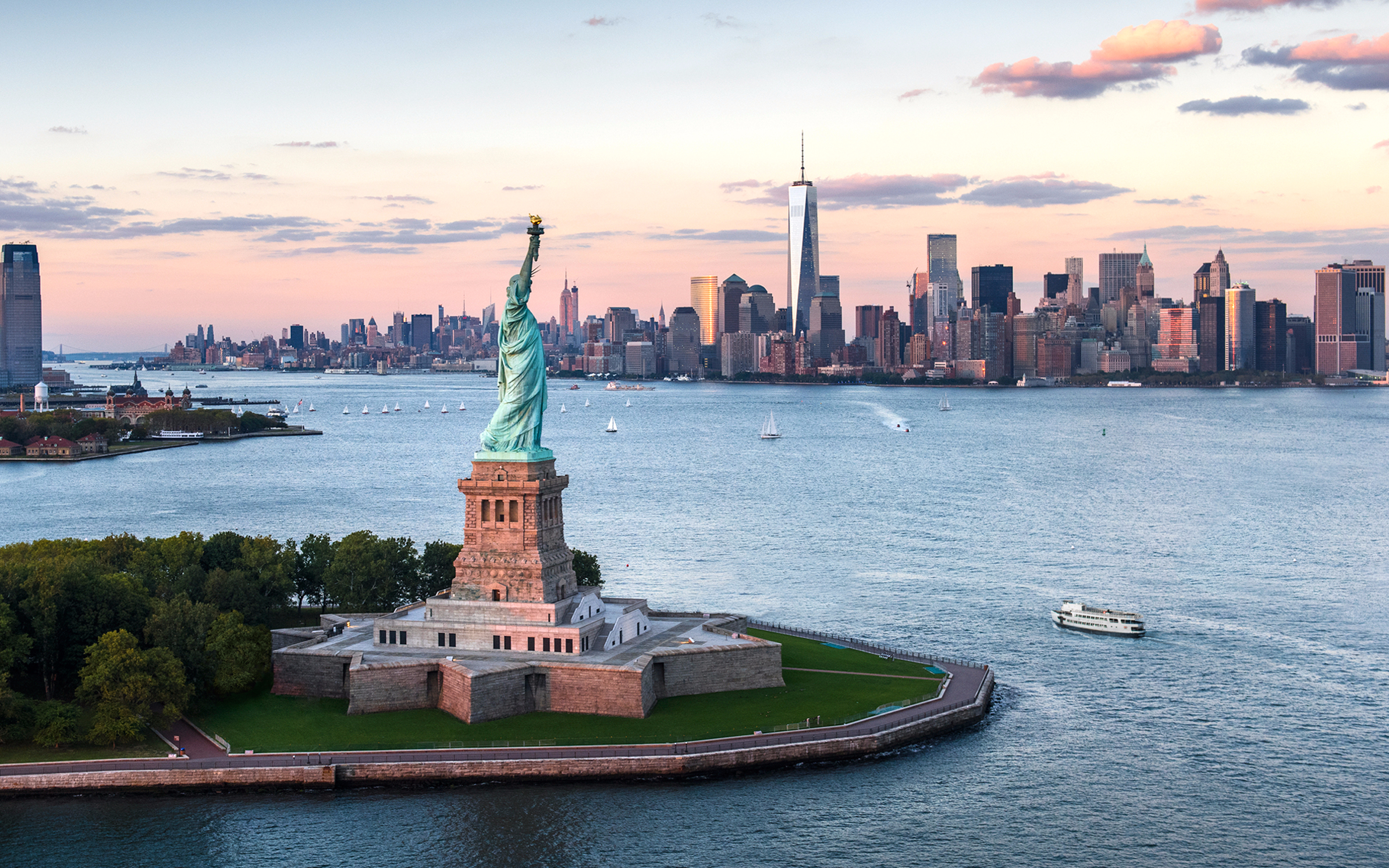Perhaps that title has you scratching your head, or perhaps it has you filled with indignant rage. In any case your first question should be: low in comparison to what?
There is
good evidence about how low the risk is for some (young especially but middle-aged and otherwise healthy in general) and how high it is for others including the very old.
What I want to do here is put down my current assumptions about what is driving the death rate from COVID-19. These are not just subject to change, but I plan to revise my thinking (whether or not I get a chance to formally update this post or make a similar future post). I invite the reader to do the same--putting down one's thoughts in precise numbers is a very good exercise for cutting through shallow thinking.
Let's start with the assumption that everyone who gets COVID-19 will die from it and everyone will eventually get it. Let's limit this analysis to the United States. Formally stated:
probability(Death) * probability(Infection) = 100% * 100% = 100%
We know those two probabilities are not true (at least not yet!). So what is mitigating against each? Below are my thoughts on the factors reducing each including the amount they reduce the probability. Keep in mind these are for the average case. Obviously there would be greatly differing answers for various subgroups, and the answers would vary greatly over various periods such as March versus July of this year. Also note that I am simplifying the math by assuming the factors are mutually exclusive, which assumes that a factor is assigned responsibility (the associated percentage) when it is the dominant factor (e.g., While a therapy and general healthiness might help to save a given patient's life, if it was in fact the patient's own T cell immunity that was the most important factor, T cell immunity would in that case be assigned as the decisive factor.).
Limiting factors on p(Death):
- General healthiness = 50%--which, again, is to say that general healthiness reduces the death rate by 50%.
- Therapies (not including a vaccine) = 15%
- T cell immunity = 15%
- Virus weakening over time to be less potent = 10%
- Other natural immunity = 9.5%
- Residual (i.e., an infection does result in death) = 0.5%
(Note: I have not included a vaccine since one does not yet exist.)
Limiting factors on p(Infection):
- Good hygiene (active resistance to introducing infection) = 20%
- Personal preventing factors (natural resistance to infection) = 20%
- Social distancing (voluntary & intentional as a change from baseline normal behavior) = 20%
- Natural physical isolation = 15%
- Virus mutating to become more/less contagious = 10%
- Government-imposed lockdowns = 5%
- Residual (i.e., one does become infected) = 10%
(Note: The virus mutating to become more contagious could mitigate infection if it meant a faster burnout before 100% population infection. The virus mutating to become less contagious could mitigate if it meant that it changed the baseline for the other factors such that they were now more effective.)
The product of the two residuals gives us the population death rate.
Residual(death) * Residual(infection) = 0.5% * 10% = 0.05%
This implies I am predicting 0.05% of the U.S. population or about 165,000 people will die directly from the virus.
The ultimate accuracy of this calculation is not in any way my aim here. Rather I want to be constructive and precise about what I believe is actually driving the pandemic outcome. So it is the list of factors, which I very well may need to revise to at least add some or clarify existing, and the percentage share contribution I assign to each.
Notice that I believe lockdowns and their ilk, which could be construed broadly as involuntary, coerced social distancing, are responsible for a very small decrease in infection rates. However, I believe they have a very large
economic and
human cost (reduced happiness, reduced liberty, reduced agency, reduced dignity, reduced wealth, reduced health otherwise, et al.).
Updated (7/25/20): I am seeing more and more evidence that the IFR may be lower than my estimate of 0.5%. If so and if the death level remains where it is today (about 150,000) growing less and less, then that implies the infection rate is higher. For example, at 150,000 deaths and an IFR of 0.5%, infections would be about 30,000,000. If the IFR is 0.25%, then infections would be about 60,000,000 or about 18% of the U.S. population. As for where I am wrong in the IFR, I have no guess--even though it is a factor of 50% perhaps (0.5% should be 0.25%), MAGNITUDE MATTERS! Any single factor is in that case just slightly off to get that new residual result. As for the infection rate, I can make a meaningful guess (and so can you disagreeing with mine for sure). I would guess social distancing explains a lower amount (e.g., 20% becomes 10% or so).



